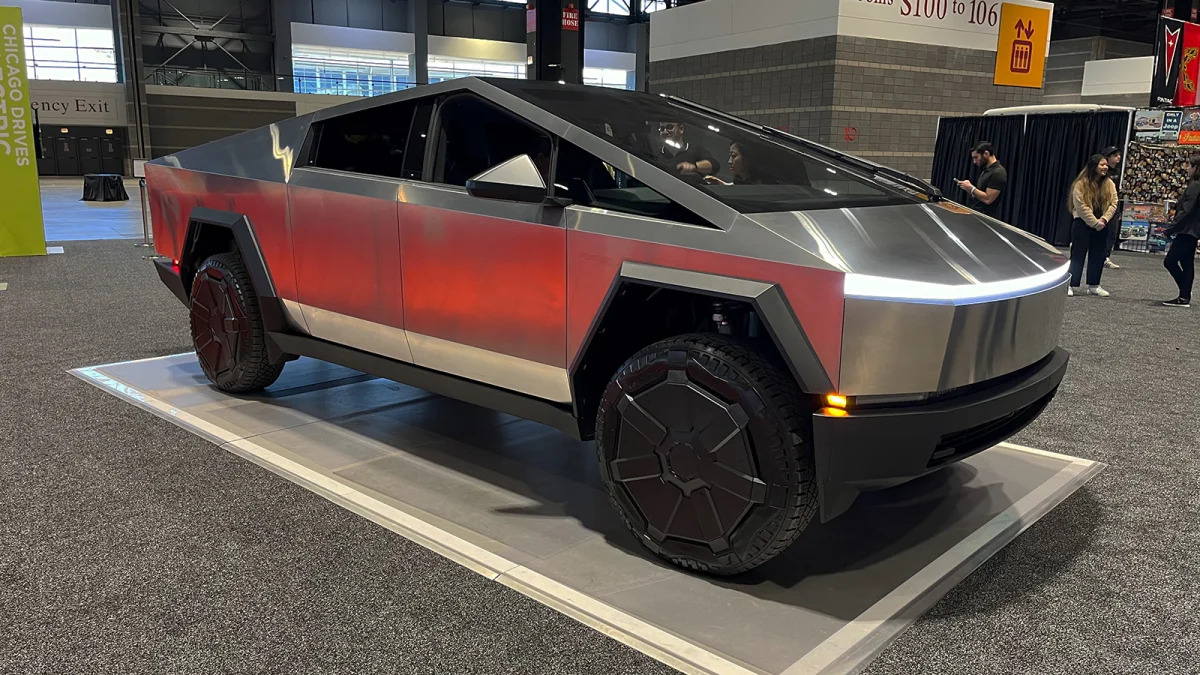The Tesla Cybertruck has made more headlines in its short time on sale than any vehicle in recent memory, but the old saying that “no press is bad press” doesn’t exactly apply here. Stories about quality issues, weird design quirks, rust problems and god-awful wrap jobs have tarnished the truck’s already controversial image, and there’s now a serious recall to discuss.
A recent TikTok video from an owner showed how the truck’s pedal cover could slip off, causing the accelerator to get stuck in the wide-open position. Tesla issued a stop-sale to fix the issue, but there’s now a recall in place to manage the process. The action involves every Cybertruck delivered to date, with 3,878 units included in the recall.
Recall documentation states that high force can cause the accelerator pad to dislodge, causing unintended acceleration. Tesla introduced an “unapproved change” during the manufacturing process that uses soap to make applying the pad easier. The recall cites that lubricant as the cause of the slippage, but the TikTok video also noted that the clips holding the pad were inadequate.
While that’s a frightening prospect in such a heavy, rigid EV with tons of power, the good news is that applying the brakes will bring the truck to a stop just as quickly as times when no “throttle” is being applied. Pressing the brake cuts drive torque so the truck won’t become a runaway wrecking ball. An audible and visible alert will also sound if both pedals are pressed simultaneously. The documentation also states that the driver would immediately notice the pad slipping, so it’s unlikely to be a surprise if it happens.
If you own a Cybertruck, Tesla will repair the problem free of charge. It’s also worth noting that while it’s easy to poke fun at the automaker for these problems, it acted rapidly to initiate the stop-sale and recall processes. Tesla first received reports of the problem on March 31, and by April 12, the company moved to issue a recall. That’s nearly unheard of, even for serious issues, as automakers spend time trying to recreate the reported issues, which can sometimes take quite a while.
Related video:










Sign in to post
Please sign in to leave a comment.
Continue